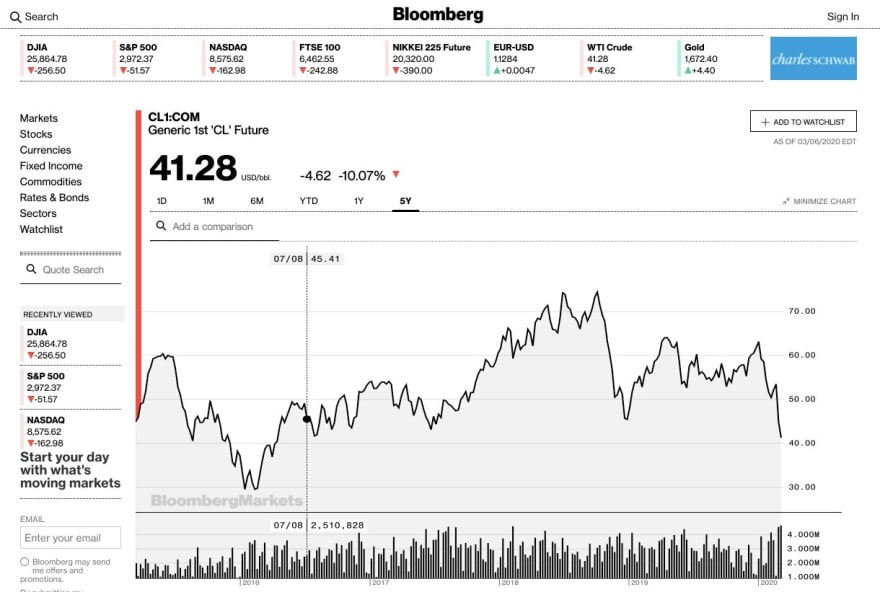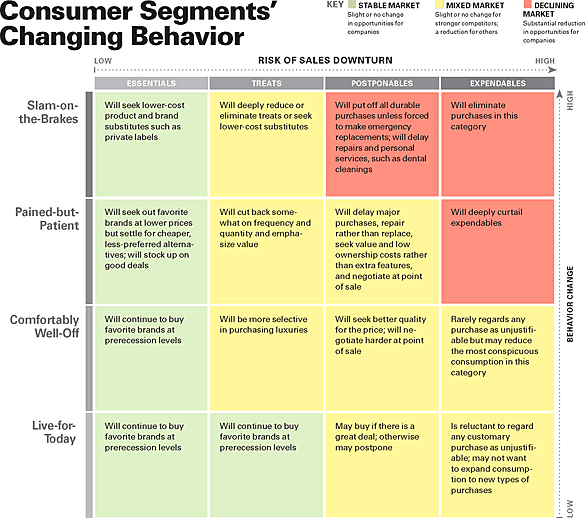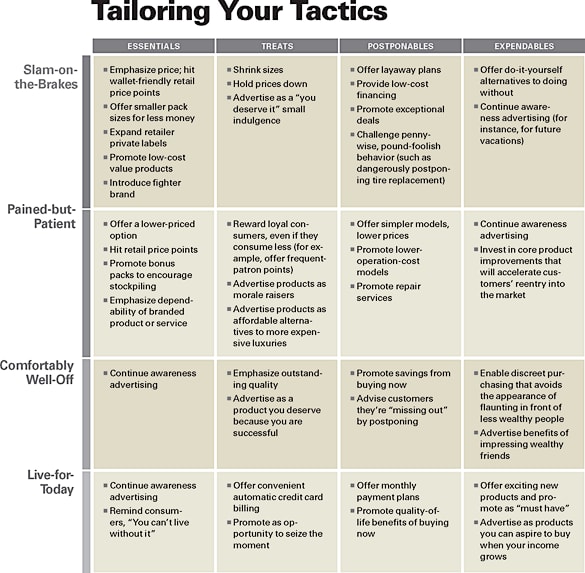written March 7
PSA: the US is probably going into recession.
Here are some thoughts for what developers can do to prepare. The TL;DR of it is that you should know your economic dependencies like you do your open source dependencies, and there are serious vulnerabilities being raised right now in your economic dependency chain. But it is nothing that won't be fixed with time.
Edit: Discussions on
Not the End of the World
I hate alarmism so I will say up front that of course it is not the end of the world if a recession does result.
This isn't a leverage induced generational shock like 2008 was, with multiple financial institution failures. This is better compared to 2001, where the tech sector deflated a lot and travel shut down, but the real economy quickly rebounded. It will be fine long term but we may see a couple rough years.
I write this because developers may be heads down in their tech bubble, only to have them or their family surprised out of left field with some economic impact because they haven't been paying attention.
What It Could Look Like
Some states (Texas, North Dakota, Alaska, Oklahoma, etc) will be disproportionately affected by the oil slump - and others (Seattle, NYC, etc) by the travel slump - so even if you don't directly have anything to do with the travel and energy industry, you may work for someone that does. If they lose business, so do you. These things ripple out.
Startup fundraising will evaporate. VC's are already highly attuned to this and Sequoia has already put out its warning - reminiscent of 2008's RIP Good Times memo. Every investment is being made (or revoked) with this lens - VC's react MUCH faster than normal people do, that's kind of their whole job. They are also inclined to recognize asymmetric payoffs and exponential moves. Of course, funding is still there for exceptional founders.
If you are a freelancer or agency: Clients will take longer - their own projects become more uncertain, they'll magically receive more competitive proposals, they will book shorter contracts, they will renegotiate more things and change the deal abruptly. This exact thing is happening to the entire travel industry right now and will happen to you.
If you are an employee: Hiring will take longer. Same deal but now companies have to weigh your healthcare and WFH benefits against their downward revised cashflow projections. Regrettable layoffs can and will happen - nothing at first (because employers will try to hold the line), then we'll see a flood of them (because employers run out of options).
If you work at Airbnb: you're not getting an IPO. Sorry. The window was last year.
Companies can be less willing to try new tech, preferring the tried and tested, though proven cost saving projects may get a lot of interest (especially ones that replace humans, like Process Automation).
Remote-first tools like Zoom of course get a bump, but also check out Tuple for remote pair programming. Meetups and Conferences will also have to figure out how to go online, given travel bans from Intel, Google, Facebook, Nike, Microsoft, Twitter, Amazon and more. YC is now online only, as is Stanford. Some of these online shifts may become permanent even after the virus blows over, as we were all aware this had inherent benefits anyway.
Some expenses are more discretionary than others; those get cut first. Developer Relations as a field has already had an uncomfortable conversation around metrics; it will now accelerate to a discussion of fullblown online-only affiliate/content marketing programs comparable to an identity crisis. But consider also Product Marketing, or Inhouse Recruiting, or User Research, or even Support. Training budgets, offsites, corporate sponsorships are all on the table for discreet cuts. Corporate venture arms? Sorry, no time for fair weather toys.
As an industry though, we are relatively safer than others because of our ability to work remotely and transferability of our core skillset. But our friends and family may not be so lucky.
What Developers Can Do
- If you are about to quit your job to learn to code, don't. This is a terrible environment to take this particular risk. Learn for free from FreeCodeCamp, in nights and weekends, and Learn in Public.
- If you are about to quit your job to go job searching, make sure you have ample networks or backup plans. Again, if you are a developer who can work remote, you will be relatively insulated.
- If you make buying decisions (e.g. running a company or a department): think about how you can turn fixed cost into variable cost. If you were kinda half remote anyway, maybe go full remote or swap the office for a coworking space subscription. Hire contractors instead of full-time. Buy SaaS services instead of build internally. Focus on conversion and retention rather than inorganic user acquisition.
- If you are a freelancer or agency: Think ahead to how your clients could be affected - you may need to aggressively grow your funnel while also planning for more downtime between work.
- If you are an employee: You can't do much about your options or 401k. But recognize that you are doubly long the economy in terms of both your stock compensation and your job (and real estate in affected states).
- If you work at a startup that has a cash burn necessitating future fundraising, be aware that this can become very very relevant to you if the funds don't materialize, through no fault of the founders. Think through second order effects - the funds may not materialize not just because VCs are less willing to part with cash, but also because the startup itself may fail to meet targets because of the broader economic environment.
- If you are a founder - don't worry, just struggle through. Hear Paul Graham from the last recession, and Bill Gurley and Chetan Puttagunta more recently.
I'm an ex Finance guy turned Developer, and Finance people are very used to thinking about ripple and second order effects. The Developer-speak equivalent is thinking about this as your economic dependency chain.
It's going to turn out differently for everyone. FAANG types aren't going to be as affected as early stage startup types or freelancer types. So I encourage you think about your own dependencies. I hope I've got your gears turning on how your world may be impacted by the Coronavirus Recession.
Why Now
It's been known that the quarantines in China has slowed global supply chains (e.g. Apple). Store closures have already hit the US. And of course worldwide travel has been impacted.
But today's breaking of OPEC+ is something I've been waiting to see - some compounding reaction not directly related to Coronavirus that nevertheless just comes at the most inopportune time because that's Murphy's law.
The US is pretty much neutral in terms of imports vs exports, but if we see $30 Crude a broad swath of US shale oil and natural gas drillers will be insolvent and we will revisit the energy market panic of 2016. A decent number of these companies are leveraged, so their bankruptcies have a plausible transmission mechanism to non-energy companies via credit markets. This nearly happened in 2016 and now could happen again, this time with the added impact from Coronavirus.
I think this is enough to start talking about in advance, with the caveat that economists have predicted 9 of the last 5 recessions and I am no exception so this is not a certainty by any stretch.
Further Reading
- https://designobserver.com/feature/designing-through-the-recession/7177
- https://medium.com/sequoia-capital/coronavirus-the-black-swan-of-2020-7c72bdeb9753
- https://swizec.com/blog/how-to-recession-proof-your-career/swizec/9226
- https://nesslabs.com/working-from-home
- Paul Graham on founding during a bad economy: http://paulgraham.com/badeconomy.html
- Suhail as a founder during 2009: https://twitter.com/Suhail/status/1237035812916621312?s=20
- Cyan Banister on layoffs: https://twitter.com/cyantist/status/1238299604287770624
- Ryan Chenkie's Qtn on impact on Developers
- Marco Arment on Under the Radar (iOS developers and Ad supported businesses)
- Ray Dalio on the Coronavirus Depression and a 500 year perspective
- For Founders
- May Habib on laying off 1/3 of your team
- Suhail on how Startups can survive
- Eric Ries on holding on to values and taking care of your people first
- Nathan Barry's letter to team
- Stewart Butterfield's recap and Recode Decode interview
- Impact on
- Marketing/Customer spend patterns
Epistemic Disclosures
- Epistemic status: Obviously I'm not predicting recession with certainty, and my opinion will change as facts change, but risks are real.
- Epistemic effort: I am of course not an expert on the economy, but my prior career was in Finance (buy- and sell-side) and have kept in touch with friends on Wall Street and talked to them for this post.
I'm also OF COURSE not commenting on Coronavirus itself - refer to the CDC for that - but economic impact is something I have some opinions on.





















